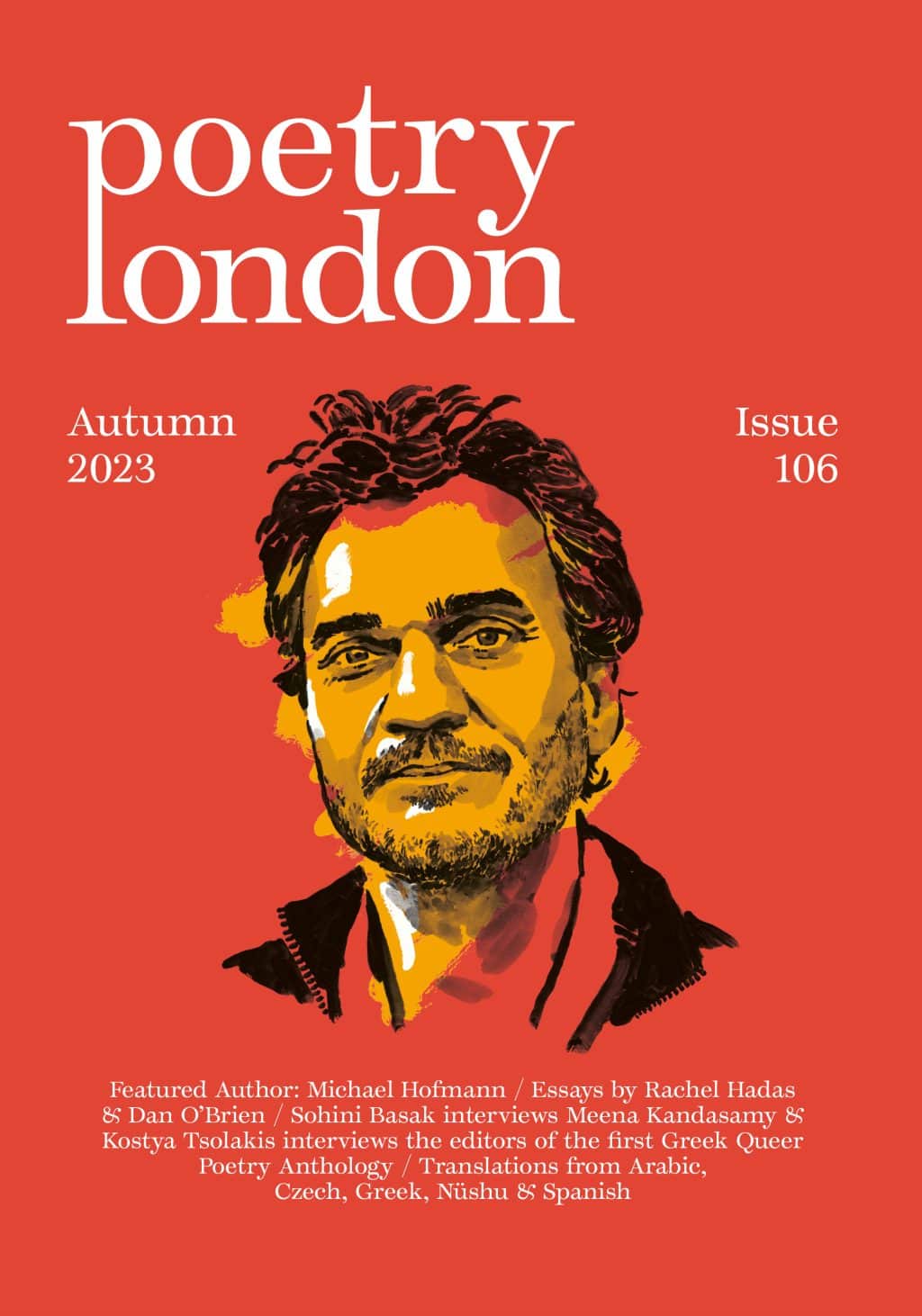H. macrophylla
L. Renée
We walk past Central Park West and 86th Street, where I spy bushes of hydrangeas with heads the size of a mop’s bouffant fringe. I have never seen a blue so showy in its bright bewilderment. Beside me: The man who loops his right arm inside my left—two broken halves of a hope-drunk heart. Those are my kin, I tell him, my kind of flowers. He unhooks his heart-half to snap a pic of petals with his First Generation iPhone, enters it in the Google Machine, which spits out an identity: “Hydrangea macrophylla, a deciduous shrub, commonly referred to as bigleaf hydrangea.” When he first asked what type of flowers I liked, I remarked how no one had ever proposed that kind of offering. I knew he liked being first at everything, devoted to winning, looked for challenges by placing bets on himself versus the rest of the universe, or just me. Stay ready so you ain’t got to get ready, his father taught him, was a Black man’s mantra. His father died at 45 from a heart attack, stressed. Roses, I said were cliché. Carnations, pedestrian. And every time I saw a lily, I thought of Easter, which meant I couldn’t see them without the blood. Everything plucked from the earth is dead already. We gift bouquets of small deaths to our beloveds as expressions of our undying affections, and isn’t that ironic? The type of flower I wanted was still attached to her roots and alive. I didn’t say that. I’d been raised to pick my battles, not flowers, which meant I’d been bred to lie. My Black mother said, I didn’t have the money to take your father to child support court, which I knew meant, I didn’t have the heart. And maybe that’s why hers is still beating, knowing some betrayals cheat you from preparing for them. Google told us more: “Flower color can be determined by the relative acidity of soil. The ability to blue or pink a hydrangea is also influenced by the cultivar.” I thought about our sets of parents, each of us with one gone, but mine not dead, each parent who sweetened or soured our soil, adjusted our pH, cultivated and crafted our ability to be blued or pinked. The man who would, years later, become my ex, after efforting toward what was unnatural to each of us, preferred the rosy-hued petals for their contrast against the deep green swell of leaves, as if burning, like him, from audacity. I recognized periwinkle melancholy, how clusters were vessels that carried enough water to submerge the whole damn street, sink an entire generation, but chose, instead, like my mother, to hold it.


